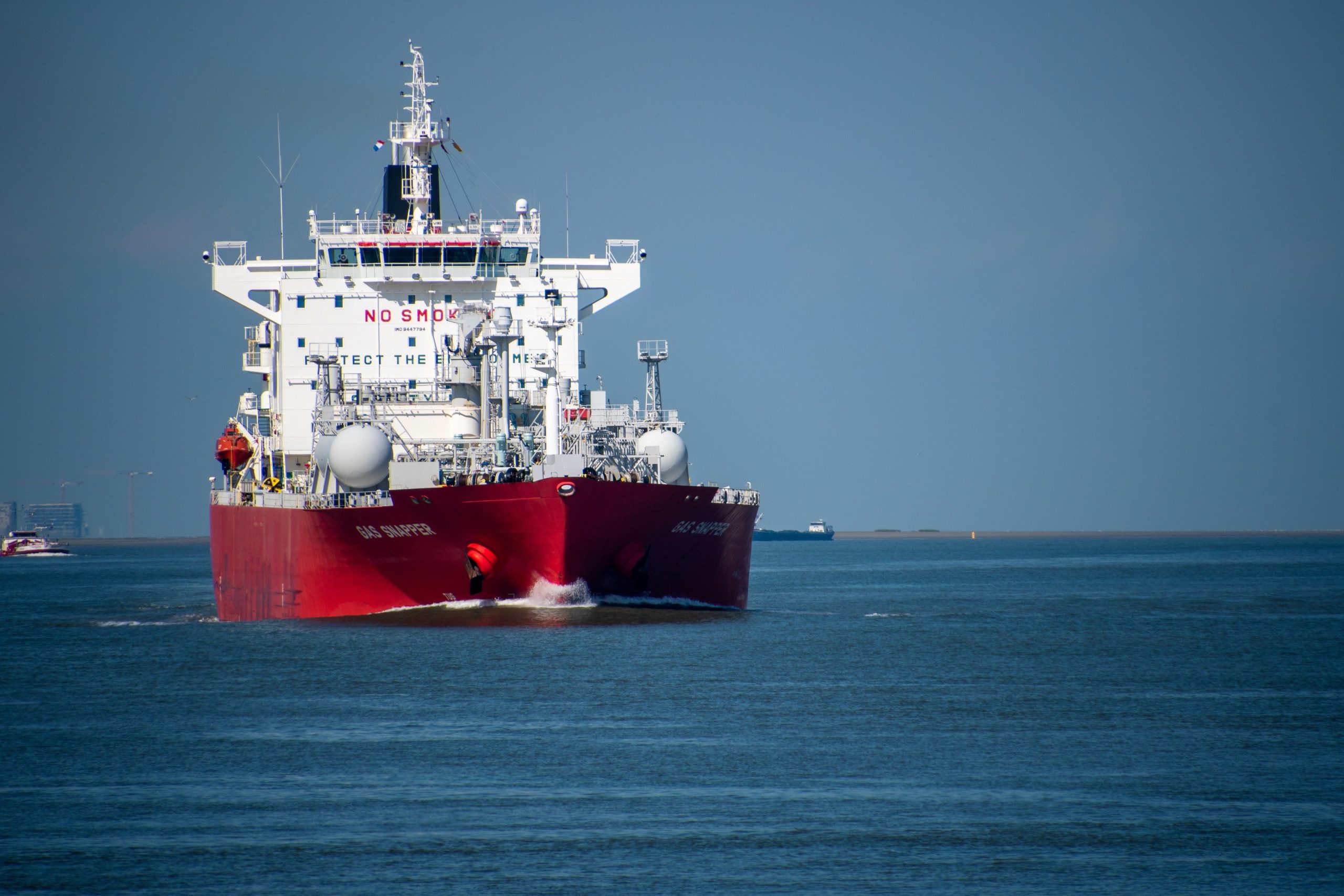Preparations for the FIFA World Cup Qatar 2022 have intensified diversification of the country’s economy, said the World Bank.
Qatar’s gross domestic product (GDP) is estimated to increase to 4.9% this year due to its boosted hydrocarbon exports of 10%, according to the World Bank’s GCC Economic Update report.
The Gulf country is likely to witness an expansion in its hydrocarbon dependence as its North Field projects begin production. The multi-billion plan is the largest of its kind, and seeks to boost Qatar’s annual LNG production capacity from 77 million metric tonnes to 126 million tonnes by 2027.
Qatar’s economic recovery is ‘well’ underway, with its GDP growing by 3% in 2021, contrary to its contraction by 3.6 the year before, despite temporary disruptions posed by the Covid-19 pandemic.
The unforeseen economic ramifications unravelled by the Russian-Ukrainian War onto the world has specifically had a ‘positive’ effect on Qatar’s economy. “The effects of the war in Ukraine on the commodity markets and of its associated economic sanctions are positive, on balance, for Qatar’s economy, the largest exporter of Liquid Natural Gas in the world,” the World Bank reported.
Implications of the Russian-Ukrainian War
Europe is weighing the possibility of severing its dependence on Russian gas sooner than previously estimated, the Italian Prime Minister, Mario Draghi, said following reaching an agreement with Algeria to increase its gas supply imports, Bloomberg reported.
Pakistan has also announced that it will cut its electricity flow to homes as it could no longer “afford” purchasing coal or natural gas to fuel its power plants. This comes as a result of the war between Moscow and Kyiv and its own domestic political rifts experienced in the past few weeks due the sudden ousting of the then prime minister of Pakistan, Imran Khan.
Since the onset of the Russian and Ukrainian war, the Gulf Cooperation Council (GCC) countries have been placed under an “international spotlight”, as their key role in the global hydrocarbon market along with their geopolitical importance and economic power have “contributed to the world’s interest in their responses to the conflict,” reports argued.
Amid the ongoing escalations and away from the EU and South Asia, Qatar’s Electricity & Water Co profits for the first quarter of 2022 rocketed by 17 million QAR ($4.6 million) in comparison to the same period last year, reports said. In other words, the profits of the Qatar-based energy company surged up to attain 389 million QAR this year, which was up from 372 million QAR in the first quarter period of 2021.
What does the invasion of Ukraine mean for Qatar?
Through maintaining its close relations with the Western bloc and prioritising its national interests, Doha has arguably and “most explicitly” exhibited its political stance through “condemnations of Russian actions and gestures of support for Ukraine.”
On the day of the invasion, February 24th, the Ukrainian president singled out Qatar in a tweet, in which he also stated the “world is with us.”
A ‘rupture’ in Qatar and Russia relations is seen as a probable event due to the developing economic competition between the two states, the report argued.
Over the past few months, Qatar has presented a hopeful presence to the EU as the latter bloc hopes to move away from Russian natural gas, with Germany, France, Belgium, and Italy holding talks with the Gulf nation to buy liquefied natural gas (LNG) on a long-term basis.
While Qatar has expressed its readiness to help Western countries over the last six months, physical limitations on its ability to increase export volumes still reside. This in turn, poses a major challenge to the EU’s decision to halt its reliance on Russian energy supply.
“In recent weeks, Russia has sought ways to circumvent the dollar-dominated financial system, including the possibility of using the Chinese renminbi to sell its gas and oil abroad. Qatar, which seeks to expand its LNG export profile and maintain the current oil trading system, may view Russia’s actions as inimical to its long-term interests,” the report noted.
Qatar is seen moving away from a possible strong Moscow and Doha alliance as the Ukrainian crisis ‘may force’ Qatar to move closer to the United States. This political behaviour would be “highly unusual, given that Moscow is not a major threat to Doha’s security and remains a tangential actor within the Gulf region.”
While the previously argued scenario of possible Russian and Qatari relations paints the relations as “downgrading”, the other scenario argued by the report illustrates a more “pragmatic” relation.
The scenario describes that the relations between the two states retain a normal level of bilateral relations. The Qatar Investment Authority (QIA) currently possesses shares in the Russian state-controlled oil giant Rosneft, a $500 million stake in VTB bank, as well as a 25% stake in St Petersburg’s Pulkovo airport. However, QIA has placed a pause on its activities in Russia as Doha rules out further investments in Russia until there is stability. The reason the Gulf country has held its investments stagnant “comes down to avoid perceptions of partiality,” the report argued.
“Doha is not interested in using its economic resources as means of political influence or coercion. This could damage its principle of remaining a neutral power, ready to mediate in international conflicts, but not to create coalitions against anyone,” Nikolay Kozhanov, a professor at Qatar University said.
Follow Doha News on Twitter, Instagram, Facebook and Youtube







